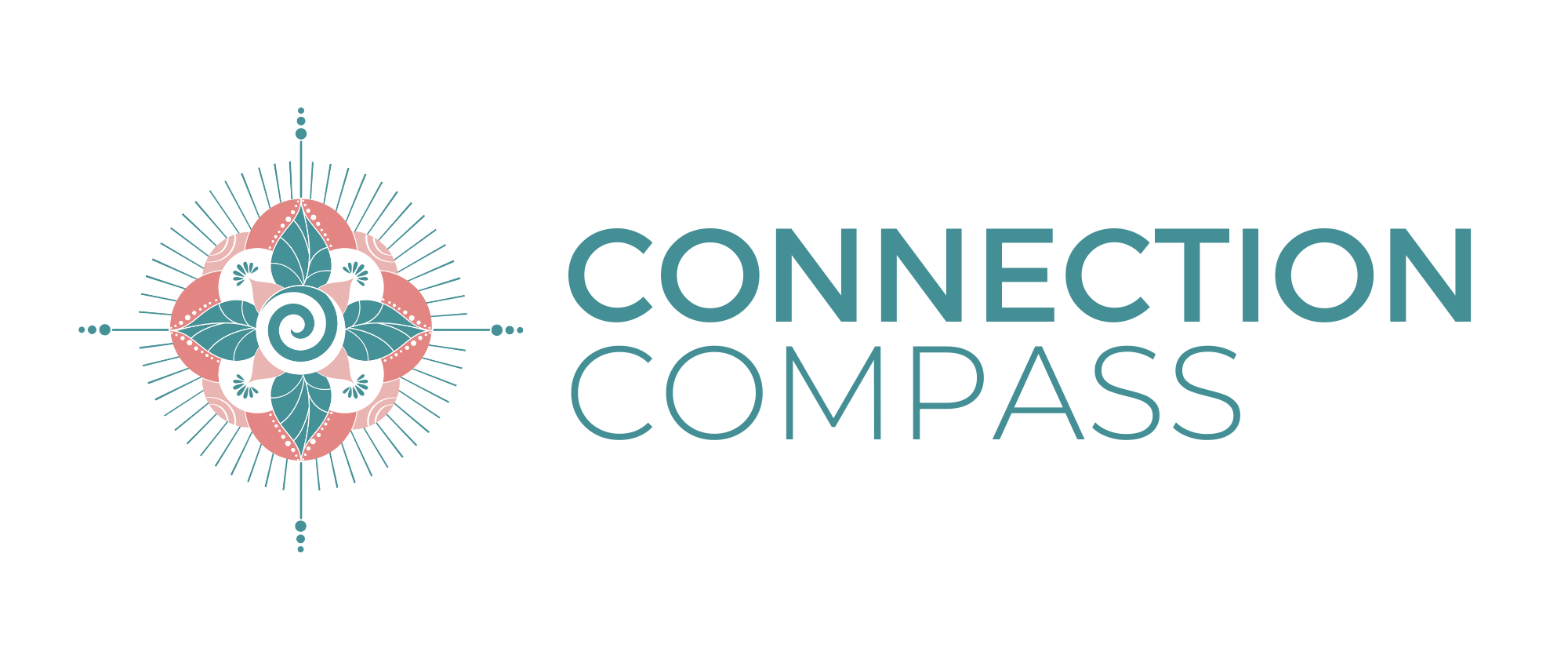
Are You Sick Of Being Defined By What You Do For Work?
I still remember feeling lost. I was in my early 30s, walking aimlessly around my neighbourhood, with a newborn baby strapped to my chest. Yet, I wasn’t lost in a geographical sense; I was lost identity-wise. As I walked the streets during the nine-to-five office hours, I was trying to work out “who am I now”. The Monday-to-Friday routine I’d adopted for the past 16 years, was suddenly stripped away to care for a baby. I felt lost.
It led me to write my book, It’s Your Birth…Right? A guide for professional women to calmly transition to motherhood, as it sunk in that I’d spent the better part of two decades building up an ego and personality that revolved around my career. I was not prepared for when, suddenly, it was stripped away and that definition of ‘me’ no longer stacked up.
I was not alone. At playgroups and mum-and-bub meet-ups, I could see the shellshock on my fellow new mum’s faces. Aside from the highly emotional and monumental task of raising a tiny human, many of us were in an identity crisis. Who are we now? What do we do now?
The transition to motherhood is not the only scenario where someone finds themselves no longer working in their job and feeling a loss of identity, even if temporarily. Other examples include retirement, job loss and redundancies, health conditions and injuries.
The same question arises: “Now work is stripped back, who am I now?”
First of all, it bears questioning why collectively, on a societal level, so much of our self-identity is based on our job. Journalist Derek Thompson coins it workism. Economists in the early 20th century predicted that when work tasks became automated, the work week would shorten. These economists predicted that human suffering would not be based on work, but instead would be based on what to do in our hours of leisure. (Crazy to imagine, right?) What they didn’t foresee, was that work evolved not only as a means for production, but also as a means for identity. Collectively, in this culture of workism, work became our pathway to self-identity and self-actualisation. As social psychologist Azim Shariff mentions in his TED talk, workism has become a culture that we’re all forced to participate in.
Workism has become integral in our societal structures, norm and conditioning, even from an early age. A common question asked of children is “What do you want to be when you grow up?”. And think about the question that’s invariably asked when two people meet for the first time, say at a networking event or backyard BBQ: “What do you do?”
Jobs are usually the first thing we know about other people, and what we tell others about ourselves. Based on that information we make assumptions and understandings, as we apply our beliefs about what that profession ‘means’ or delve deeper with curiosity to understand more.
Another social conditioning that influences our connection to work (and life in general) is the respect given to ‘busyness’. Busyness is our cultural narrative, which I observed even on my afternoon walk today, overhearing a man ask his neighbour what he does to keep busy. It’s a narrative that is applauded and rewarded, and we wear our busyness as a badge of honour.
The outcome of our busyness, often, is at the end of the day we have very little time and energy left for ourselves. This is especially true for those of us with dependents to care for. And thus, with little left in the tank for outside interests or to explore other facets of ourselves, the hamster wheel of ‘busyness’ perpetuates the belief of “I am what I do”.
However, I’m here to tell you, none of us are what we do.
As I found out when I was thrust into motherhood – if what I do is stripped away, I still exist. There is more to me. A lot more.
Even when I’ve changed career paths – when one day I was an IT professional and a few years later I was an international development worker, and then a sustainability and behaviour change professional and a few years later a connection coach – not a single one of these labels came close to defining me at my core.
They were helpful references to describe what I spent my time and energy on, but they didn’t define me. In fact, when I got to the point of releasing my job as my self-identity reference, I had real trouble answering the question of ‘What do you do?’ because I do so many things! I garden, I hike, I am a parent, I meditate, I like to watch Ted Lasso episodes on repeat, I am a wife, a sister, a daughter. And still, not one of these things defined me either.
What if we gave up the need to define ourselves, in the first place?
What if we understand that identities are just constructs and not truth or real? What if we stop giving meaning to ‘what we do’ and instead put meaning on ‘who are we being’? Am I being kind? Am I practicing radical honesty? Am I compassionate to those around me? Am I surrendering? Am I letting go of expectation and judgement?
What if we could connect to each other from that frequency? What if we could see each other at that level, or more likely, feel or sense this from the other’s being? What if we didn’t need words such as “What do you do” to understand each other?
Until as a society we get to that place, there are a few ways to get out of the “I am what I do” framework:
- We are all multi-faceted humans – we may be workers but we’re also friends and siblings and children and neighbours and citizens and so forth. Therefore, we can give each of those identity constructs our time, energy and intention. This requires a conscious downshift of the degree of our ‘self’ that we give to our work identity and invest more into developing other aspects of our ego self. As journalist Simone Stolzoff describes, tending to our identities is similar to tending to plants, “they grow in proportion to how much time and care and attention you give them.”
- Carve out time to remember and discover what your soul loves, what makes you feel natural and brings you joy. Increasing your self-complexity, through cultivating other aspects of ‘who you are’, for example with interests and belonging to groups outside of work, can help you feel more resilient during times of change, and more grounded on a day-today basis.
- Learn to ask a different question: “What do you like to do?” This is another one of Simone Stolzoff’s ideas, and he asserts the addition of two simple words – like to – changes the question completely. By asking this question, instead of the common “What do you do?”, we start to shift the cultural narrative that we are defined by what we do. We provide space for other people around us to share and explore other aspects of themselves, and we can also foster greater connection with each other.
If you’re still struggling with answering the question, “Who am I?”, then join our 7-day connection program where we explore this more deeply and uncover who you are at your core – when all these constructed identities and egos are stripped away.
Cherie Pasion
Cherie Pasion is the founder of Connection Compass, providing coaching for women wanting to live a connection-filled life. A certified life coach and behaviour change specialist, Cherie has run award-winning behaviour change programs helping thousands of people across Australia. Cherie holds a Master of Social Science, Bachelor of Business, and Diplomas of Neuro Linguistic Programming and Shinrin Yoku (Forest Bathing). Cherie is also an internationally-published author.Sign up for our newsletter
Let's connect
Connection Compass acknowledges the Turrbal and Jagara people, the Traditional Custodians of the land on which we work, live, and gather. We pay our respect to Elders past, present and emerging, and draw inspiration from their connection to Country, community and spirit.


